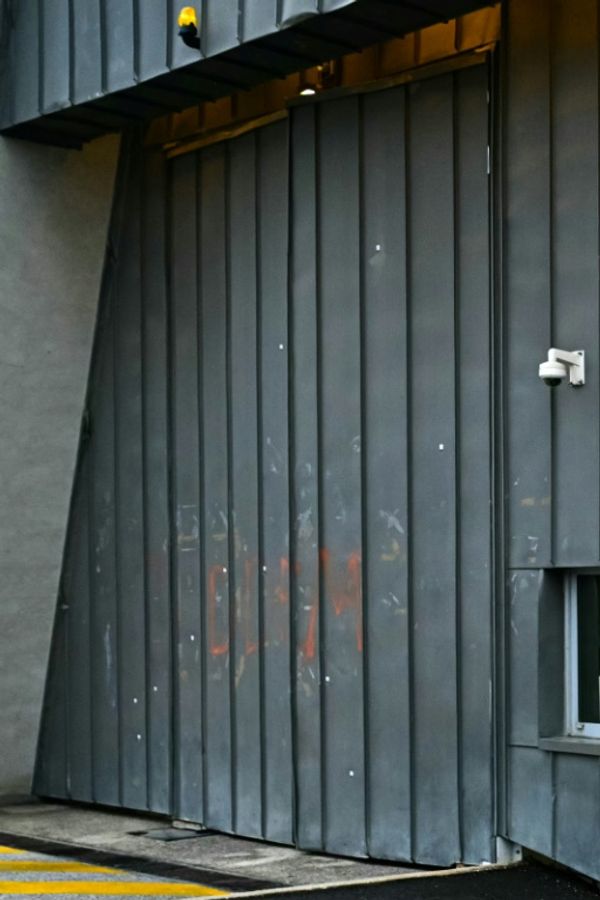President Donald Trump spoke with Saudi Crown Prince Mohammed bin Salman this week about a multi-billion-dollar investment in the United States – which Trump boasted on Thursday he believes he could push to “$1 trillion.”
In his first foreign phone call as president on Wednesday Trump said he and the crown prince spoke about Saudi Arabia investing $600 billion in the U.S. — though they did not clarify what those investments would be.
One day later, at the World Economic Forum, Trump called the crown prince “a fantastic guy” and said he plans to ask Saudi Arabia to “round out” its investment to $1 trillion.
“I’ll be asking the crown prince, who is a fantastic guy, to round it out to around one trillion and I think they’ll do it because we’ve been good to them,” Trump said while appearing virtually at the forum.
The president said he would also ask Saudi Arabia and the Organization of the Petroleum Exporting Countries to bring down the price of oil.
“You got to bring it down, which, frankly, I’m surprised they didn’t do before the election,” he said. “That didn’t show a lot of love by them not doing it. I was a little surprised by that.”
Later, at an executive order signing, Trump told reporters he would “probably” travel to Saudi Arabia if it agreed to buy $450 billion or $500 billion worth of U.S. products. The country was the first Trump traveled to during his first term in the White House.
He again reiterated that he would urge the crown prince to increase his investment in the U.S.
Trump has maintained close ties to Saudi Arabia even after U.S. intelligence concluded bin Salmon ordered the assassination and dismemberment of Washington Post journalist Jamal Khashoggi in 2018.
At the time, the president defended the Saudi government and rejected U.S. intelligence findings saying, “We may never know all the facts surrounding the murder.”
Following the call between Trump and Prince Mohammed, the Saudi government released a readout echoing the kingdom’s intention to “broaden its investment and trade with the United States over the next four years in the amount of $600 billion and potentially beyond that.”







